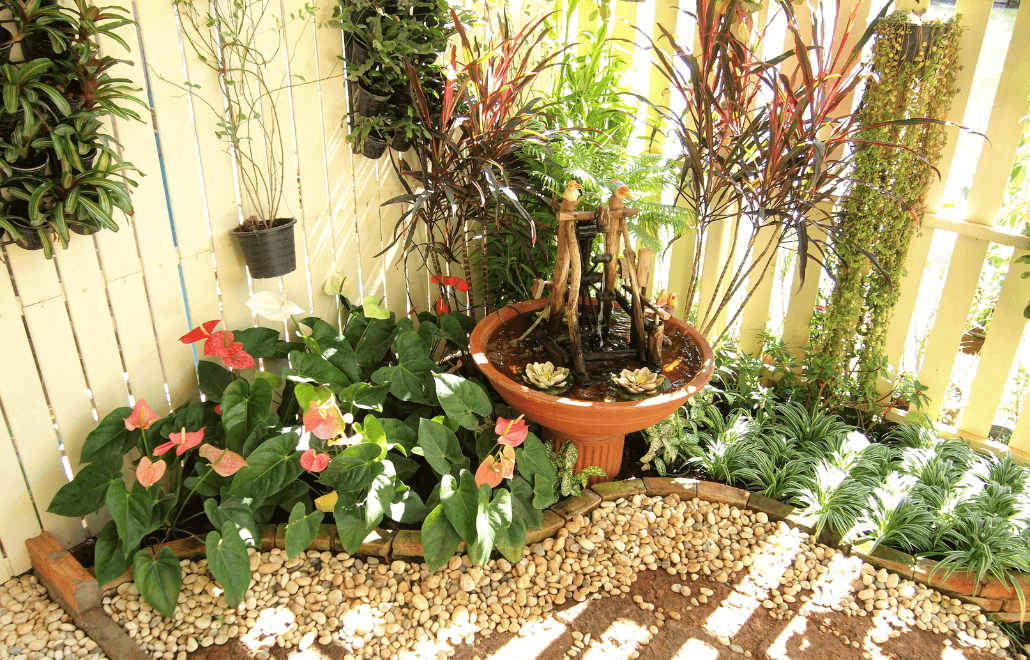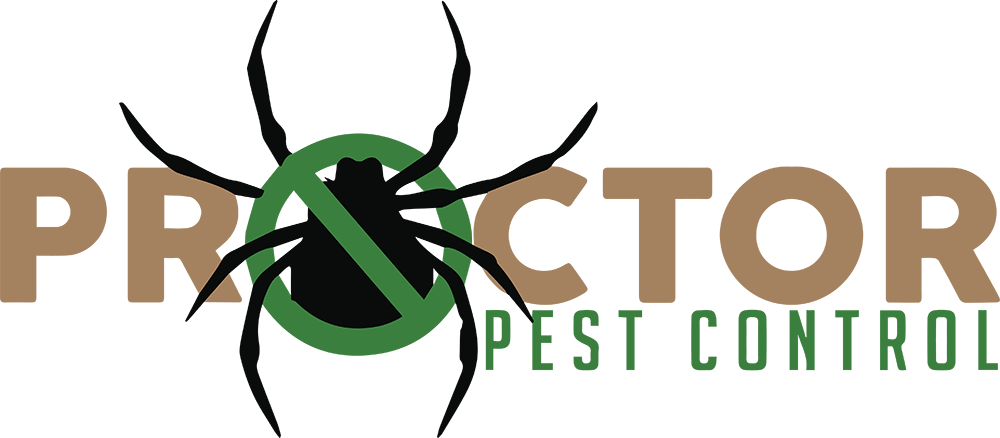
26 Aug Garden Care Tips to Prevent Late Summer Pest Infestations
As the summer heat begins to wane and the garden shifts into its late-season phase, it’s crucial to stay vigilant about pest prevention. Late summer can be a vulnerable time for gardens, as pests seek out the abundance of food and shelter that your plants provide. Implementing effective pest control strategies can protect your garden’s health and ensure that you can enjoy a fruitful end to the growing season.
1. Maintain Proper Plant Care
Why It’s Important:
Healthy plants are less susceptible to pest infestations. Proper maintenance not only strengthens your plants but also makes them less appealing to pests.
How to Do It:
– Regular Watering: Ensure that your plants receive adequate water, but avoid overwatering, which can lead to root rot and create a favorable environment for pests. Water at the base of the plants rather than from above to minimize leaf wetness.
– Prune Dead or Diseased Plants: Regularly remove dead or diseased plant parts to prevent the spread of pests and diseases. Pruning also improves air circulation, which can help reduce pest problems.
– Rotate Crops: Practice crop rotation to prevent pests and diseases from becoming established in the soil. Avoid planting the same crops in the same location year after year.
2. Remove Attractants for Pests
Why It’s Important:
Pests are often attracted to food sources and shelter provided by garden debris. By eliminating these attractants, you can reduce the likelihood of infestations.
How to Do It:
– Clear Debris: Regularly remove fallen leaves, overripe fruits, and other organic matter from your garden. This debris can harbor pests and create a breeding ground for insects.
– Dispose of Diseased Plants: If you find any plants affected by pests or diseases, dispose of them properly to prevent spreading. Avoid composting these plants, as this can introduce pests to your compost pile.
– Clean Up After Harvest: After harvesting crops, clean up any remaining plant material and weeds. Leftover plant matter can attract pests and provide them with places to hide.
3. Implement Eco-Friendly Pest Control
Why It’s Important:
Using eco-friendly pest control methods helps protect beneficial insects and the overall health of your garden ecosystem. These methods are often safer for the environment and can be effective against a range of pests.
How to Do It:
– Introduce Beneficial Insects: Encourage or introduce beneficial insects such as ladybugs, lacewings, and predatory beetles. These insects prey on common garden pests like aphids and mites, helping to keep their populations in check.
– Use Natural Predators: Planting flowers such as marigolds and nasturtiums can attract beneficial insects and repel harmful pests. Additionally, consider using nematodes, microscopic worms that target soil-dwelling pests, to protect your plants’ roots.
– Apply Organic Sprays: Use organic pest control solutions, such as neem oil, insecticidal soap, or diatomaceous earth. These treatments can effectively manage pests without harming beneficial insects or the environment. Always follow application instructions and test on a small area first.
4. Implement Physical Barriers
Why It’s Important:
Physical barriers can prevent pests from reaching your plants and reduce the need for chemical treatments.
How to Do It:
– Use Row Covers: Lightweight row covers can protect plants from flying insects like beetles and moths. They allow light and water to penetrate while keeping pests out.
– Install Netting: For plants that are particularly susceptible to insect damage, consider using netting to shield them from pests. This is especially useful for crops like berries and leafy greens.
– Set Traps: Use traps to catch and monitor pest populations. Sticky traps can be effective for flying insects, while pheromone traps can help manage specific pests like moths.
5. Practice Good Soil Management
Why It’s Important:
Healthy soil supports strong plants and reduces the risk of pest problems by creating an environment less conducive to pest infestations.
How to Do It:
– Improve Soil Drainage: Ensure your garden soil has good drainage to prevent waterlogged conditions, which can attract pests like root rot and fungal gnats.
– Add Organic Matter: Incorporate compost or well-rotted manure into your soil to improve its fertility and structure. Healthy soil supports strong plants that are more resistant to pests.
– Monitor Soil pH: Test and adjust soil pH as needed to create optimal growing conditions for your plants. Healthy plants are less likely to be affected by pests.
Preparing your garden for late summer and early fall involves more than just routine maintenance. By focusing on proper plant care, removing potential pest attractants, and using eco-friendly pest control methods, you can effectively manage and prevent pest infestations. Keeping your garden healthy and balanced not only reduces the risk of pests but also contributes to a thriving, productive garden.
Stay proactive with these tips and you’ll be well-equipped to enjoy a pest-free garden as summer transitions to fall. For persistent issues or complex pest problems, consider consulting with a local gardening expert or pest control professional for tailored advice and solutions. Happy gardening!



